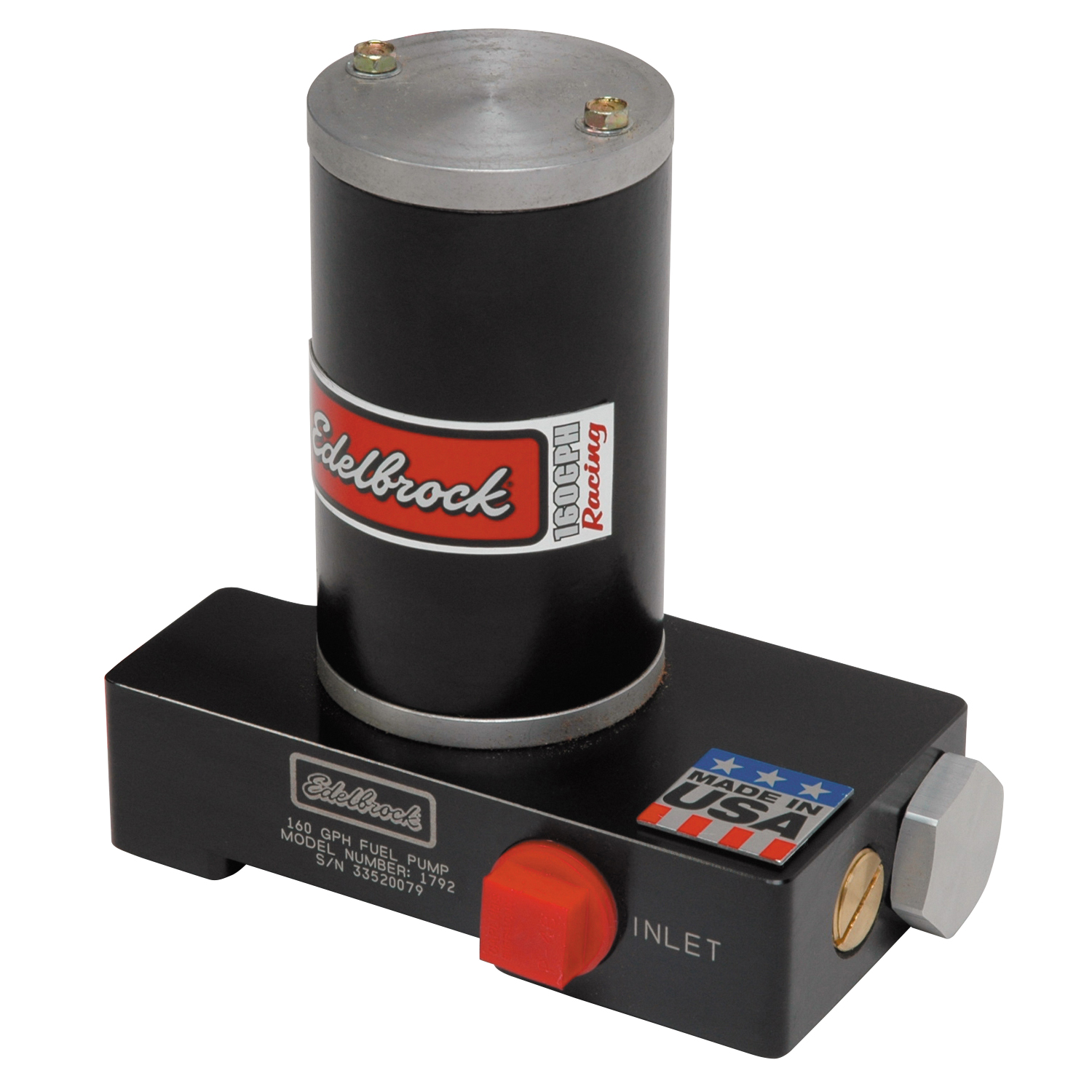In the world of automotive engineering, the mechanical fuel system plays a vital role in delivering the lifeblood of an engine - fuel. Understanding how this intricate system operates is essential for any car enthusiast or aspiring mechanic. In this blog post, we will delve deep into the inner workings of a mechanical fuel system, exploring its components, functions, and the fascinating processes that enable it to deliver fuel to the engine efficiently.
- Fuel Pump: The Heartbeat of the System
At the core of a mechanical fuel system lies the fuel pump, which acts as the system's heartbeat. This component is responsible for drawing fuel from the tank and delivering it to the engine. We will explore the different types of fuel pumps, such as diaphragm pumps and rotary pumps, and discuss their advantages and limitations. - Fuel Lines and Filters: Ensuring Clean and Steady Flow
To ensure a clean and steady flow of fuel, the system incorporates fuel lines and filters. These components play a crucial role in removing impurities and contaminants from the fuel, safeguarding the engine from potential damage. We will examine the various types of fuel filters and their importance in maintaining optimal engine performance. - Carburetors and Fuel Injectors: The Fuel Delivery Mechanisms
Carburetors and fuel injectors are the key players in delivering fuel to the engine cylinders. We will explore the differences between these two mechanisms, discussing their pros and cons. Additionally, we will delve into the intricacies of fuel atomization and the importance of achieving the right air-fuel mixture for optimal combustion. - Fuel Pressure Regulators: Balancing the System
Maintaining the correct fuel pressure is vital for the efficient operation of a mechanical fuel system. Fuel pressure regulators play a crucial role in balancing the system by controlling the pressure delivered to the carburetor or fuel injectors. We will discuss the different types of fuel pressure regulators and their significance in achieving optimal engine performance. - Safety Measures: Overcoming Potential Challenges
Lastly, we will explore the safety measures incorporated within mechanical fuel systems to prevent potential hazards such as fuel leaks and fires. We will discuss the importance of fuel system inspections, regular maintenance, and the use of safety devices like pressure relief valves and fuel shut-off valves.
Conclusion:
In conclusion, a mechanical fuel system is a complex and intricate network of components working together to deliver fuel to the engine. Understanding its inner workings is essential for anyone seeking to comprehend the fundamentals of automotive engineering. By exploring the fuel pump, fuel lines and filters, carburetors and fuel injectors, fuel pressure regulators, and safety measures, we have gained a comprehensive understanding of how a mechanical fuel system operates.


